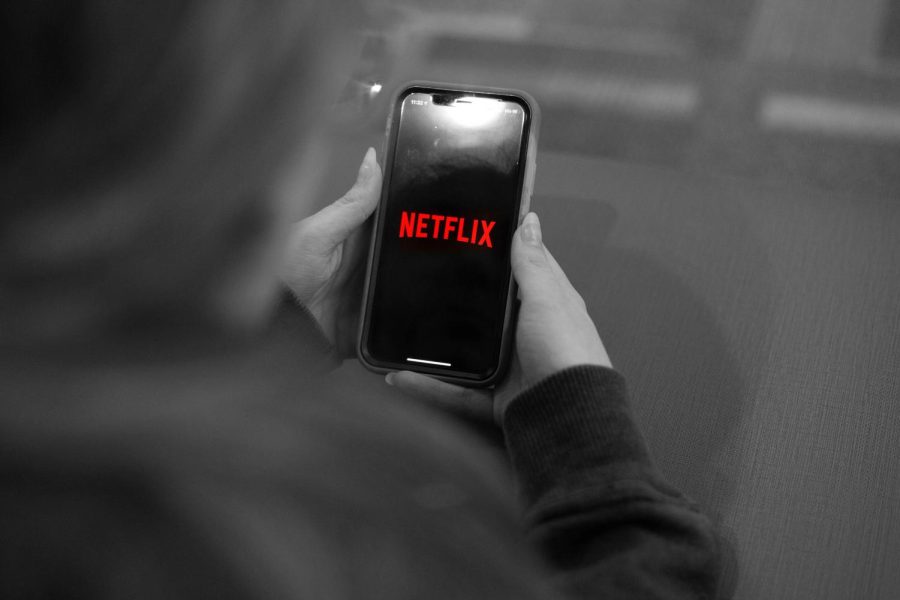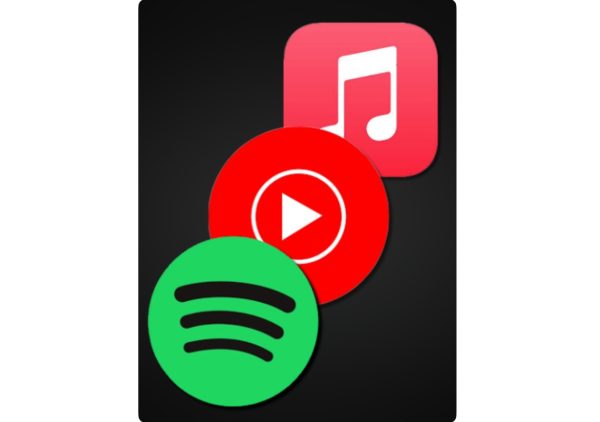Should streaming be unfiltered?
On January 9, 2022, the popular HBO Max series “Euphoria” debuted its premier of season two, receiving around 6.6 million viewers that day. What started out as a potentially new and addictive streaming series turned into HBO’s second most viewed series since 2004 just behind “Game of Thrones.” While the show and streaming service gained more publicity and viewership, certain viewers began to unravel triggers from their lives brought out by the raw and uncensored plot of “Euphoria”; these storylines followed a drug addict and her increasing problems throughout high school, along with her friends and peers who struggled with their own obstacles.
As television and streaming services have gained more popularity, viewers are faced with the fact that these shows reveal real world problems that many struggle with on a daily basis. One question emerges: Is it safe to stream and watch shows like “Euphoria” that are completely uncensored?
Idolizing the use of drugs in television is no surprise, especially when the point of view of a whole show revolves around a drug addict. Other shows, including “Shameless” and “Breaking Bad” also fall into this criteria, establishing its characters and the problems that surround them with drug and alcohol abuse. While yes, bringing in viewership is one of the main goals of streaming platforms and companies, what ends up happening is a mixture of both positive and negative effects.
Many mental health professionals conclude that watching TV stimulates the brain into more anxious states, and when shows have constant references to drugs and depression, that can trigger someone with more personal experience into a relapse.
In a March ECHO survey, 120 out of 200 high schoolers confirmed feeling like media had negatively impacted their mental health, with 102 students saying they blocked, avoided, or filtered similar media for a length of time. When asked if media should be censored for minors, 148 students said that media should be filtered for those 12 and under.
Ben Lesser, a staff writer for “Dual Diagnosis,” stated, “Triggering television programs are healthy in the sense that they won’t really cause harm to our mental health. However, their harmful effects may cause us to act in self-harming ways.”
This means that while watching a character go through their journey of depression may not cause each and every viewer to become instantly depressed, it can cause them to relapse back into old and harmful habits. Many viewers who watched “Euphoria” claimed that the show had an intensity that left them on edge for the entirety of each and every episode (with most episodes ranging around 50-65 minutes). More claimed that taking breaks in between episodes and refraining from any substances that might result in an increase in anxiousness helped to get through each episode.
What was even more interesting, however, was not only the way viewers felt watching it, but how the actors themselves felt while filming the show. Specifically, season two, episode five. One of the most emotional episodes of the series, Rue’s mom finds out she is back on drugs, and is betrayed by her girlfriend and bestfriend Jules and Elliot. She eventually runs away and turns to all of her companions in the process. She slowly crushes every relationship she has with those around her as she begs for places to stay, for more drugs, and steals from people she doesn’t even know. A specific scene showcases Rue and her mom fighting and getting physical resulting in pictures and doors breaking and Rue’s family crying out for her to stop. The episode takes an even darker turn when Rue is drugged by her newfound drug dealer and wakes up after thinking she died.
“My brain can say ‘ok I’m pretending’,” Zendaya stated in an interview with BuzzFeed news. “But when I’m [acting] it, my body and my heart don’t know that it’s not real. It can be exhausting in that way and it can make you feel bad because [Rue] does things that I don’t want her to do and say, but here I am.”
What’s ironic is that while the show may be called “Euphoria,” meaning a state of intense excitement and happiness, it deals a lot with very depressing and troubling content and never shies away from showing very raw scenes. Does this mean we are the ones to blame for relapsing or revisiting old and unhealthy habits because we choose to watch these shows? Should shows like “Euphoria” be held accountable regardless if it’s real or not?
We all have choices, it’s something we learn from a very early stage in our youth. We choose whether we want vanilla ice cream or chocolate or if we want to go right or left. We are the ones who get to choose what we consume in our everyday life. Shows like Euphoria present us with the idea of something we can sit down on the couch and choose to turn on and watch. They present us the stories of fictional characters with real world problems that maybe someone watching can relate to. However, it’s on us to choose how we view programs like these, how we process it, and how we continue on with our everyday lives.
Simply turning a show off or pausing it to take some time to process content can make a big difference. Choosing to take a break from a show or other streaming services is okay. Our mental health should always come first and everybody views and goes through things differently from everybody else. At the end of the day, It’s up to us to take care of ourselves.

My name is Connor. I am a senior staff writer, and this is my first year writing for echo. Other than writing, I like to play instruments, play basketball,...








